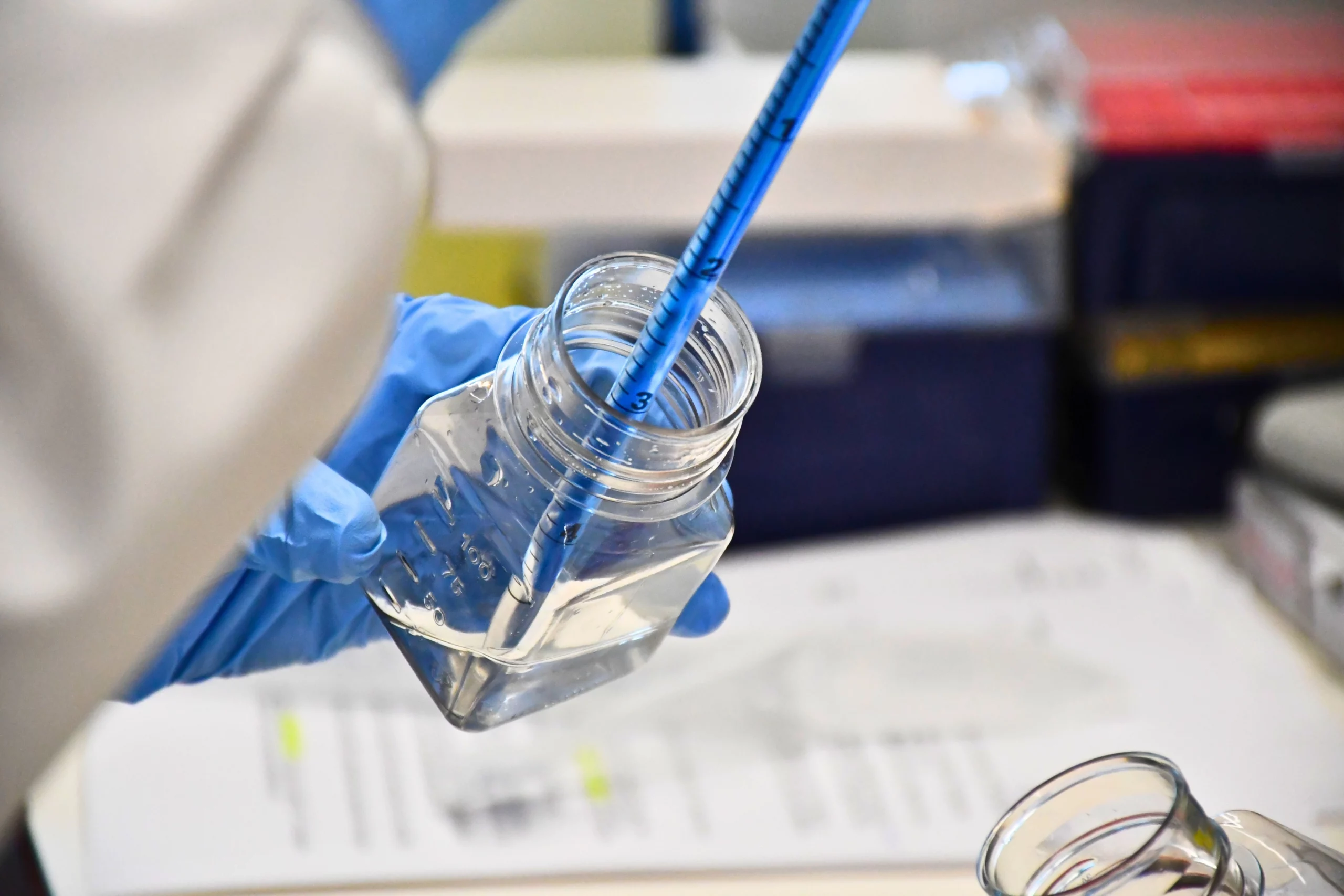Article highlights & insights
Immunotherapy has revolutionised survival outcomes for many patients diagnosed with cancer. However, biomarkers that can reliably distinguish treatment responders from nonresponders, predict potential life-threatening and life-changing drug-induced toxicities, or rationalise treatment choices are still lacking. In response to this unmet clinical need, we introduce Multiomic ANalysis of Immunotherapy Features Evidencing Success and Toxicity, a tumour type-agnostic platform to provide deep profiling of patients receiving immunotherapy that will enable integrative identification of biomarkers and discovery of novel targets using artificial intelligence and machine learning.
Immunotherapy has revolutionised survival outcomes for many patients diagnosed with cancer. However, biomarkers that can reliably distinguish treatment responders from nonresponders, predict potential life-threatening and life-changing drug-induced toxicities, or rationalise treatment choices are still lacking. In response to this unmet clinical need, we introduce Multiomic ANalysis of Immunotherapy Features Evidencing Success and Toxicity, a tumour type-agnostic platform to provide deep profiling of patients receiving immunotherapy that will enable integrative identification of biomarkers and discovery of novel targets using artificial intelligence and machine learning.
Institute Authors
Groups
Group leader
Research topics & keywords
Our vision for world leading cancer research in the heart of Manchester
We are a leading cancer research institute within The University of Manchester, spanning the whole spectrum of cancer research – from investigating the molecular and cellular basis of cancer, to translational research and the development of therapeutics.
Our collaborations
Bringing together internationally renowned scientists and clinicians
Scientific Advisory Board
Supported by an international Scientific Advisory Board






